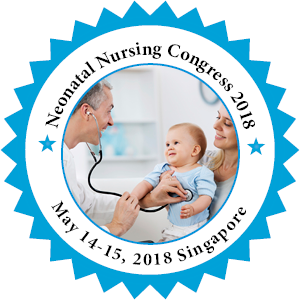
Ms. Cynthia Pang
KK Women’s and Children Hospital, Singapore
Title: Pasteurized Donor Human Milk for Preterm Infants
Biography
Biography: Ms. Cynthia Pang
Abstract
Breast milk is the ideal nutrition for babies in the first six months of life, as it contains enzymes to help with digestion, nutrients, growth factors, hormones and protective antibodies.
Mothers of preterm babies can experience difficulty in providing breast milk, especially in the initial days, due to a variety of reasons including complicated deliveries, or pre-existing medical conditions.
Premature and sick babies are prone to feeding intolerance and are at risk of developing necrotising enterocolitis (NEC) and infections. Breast milk can be life-saving for these vulnerable preterm babies.
The provision of safe, pasteurized donor breast milk is aimed at reducing the risk of these conditions, while optimizing their immunity, development and overall health.
KK Human Milk Bank is set up in accordance with the international guidelines and protocols by the United Kingdom National Institute of Health and Care (NICE) and Human Milk Banking Association of North America (HMBANA). The Milk Bank only recruits mothers who are healthy and do not engage in high-risk behaviors. Donors are required to undergo a stringent donor screening process as well as education on the handling and storage of the breast milk prior to donation.
The donor human milk is screened, processed and dispensed by prescription to preterm babies whose mothers are unable to provide sufficient breast milk. These babies must also meet the following criteria for eligibility:
• born prematurely at less than 32 weeks of gestation,
• weighing 1,800 grams or less at birth and
• at a high risk of or diagnosed with NEC.

